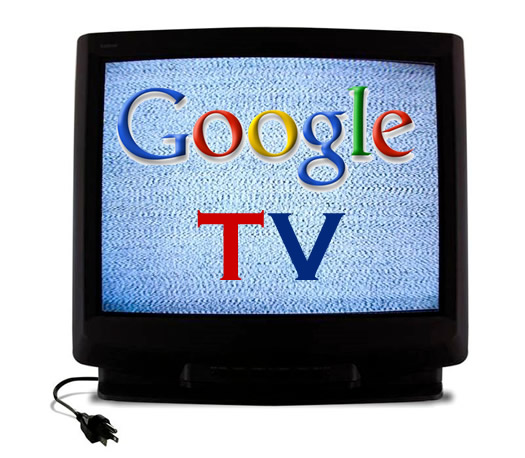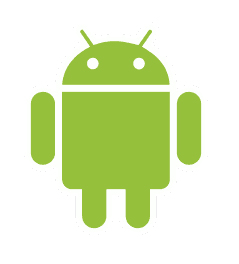By the time my Google TV arrived, I was prepared to hate it. The early reviews had been bad, terrible in fact, and so I powered it up expecting a digital disaster.
Instead, I found a remarkably workable hardware/software combination that did everything that was promised.
Set up was a breeze, the shift from cable to web simple, and the device's ability to shift from various sources seamless.
So, why are the reviews so bad? And what is Google TV missing to be the hit that new web TV is hoping for?
Well, first -- the bad reviews.
Most of the early adopters to the 'over the top' box world are looking to 'cut the cord' or already have. Google TV in the Logitech review box is built to embrace your cable box. In fact, cable is part of what makes it work. So, if you plug it in without cable, you get a web browser with just a handful of additional apps. This may be difficulty of trying to both disintermediate existing media companies and play nice with them at the same time. Google TV announces itself to the web, and for that reason -- is being blocked by networks, Hulu and others. This while boxes like Boxee very much give users the power to break down the walls that separate the web from the flatscreen.
 But the thing about Google TV is that it is, at its heart, a text based search engine that hasn't been conceived to deal with the complexity and massive volume of web video.
But the thing about Google TV is that it is, at its heart, a text based search engine that hasn't been conceived to deal with the complexity and massive volume of web video.
If you take away the branded channels -- the ones we think of as 'trusted' or at least known, then the gaping maw that is web video arrives on your Google TV with all of its noise and undifferentiated volume.
And while Google is promising an open source offering that will give Android developers the opportunity to build on the platform, the odds are it won't make things clearer - -but rather more complex.
Instead, what Google TV should do is offer up curated web video filters, or personalities. Pre-built collections of links, sources, and feeds that load on start up. Of course you could modify these templates -- but wouldn't you rather see web video as filtered by Robert Scoble or Jason Hirshhorn or any other trusted source who can create a curated collection of media.
You see, what video requires isn't what Google is built for: text -- but rather a different method that mixes technology and human filtering to create signal from noise.
Video, unlike text, doesn't lend itself to contextual text searches and inbound links to help determine the most well regarding links.
In fact, video with the key words "World of Warcraft Tricks" or "Canon DSLR Tips" could be anything from information, to humor, to manufacturer's PR videos. The truth is -- searching text and tags simply isn't going to get you contextually useful video results.

So why am I optimistic about the future of Google TV and web video in general? In a word, Android. The little green robot is a powerful and growing development platform. And Google made the decision to release the hardware for Google TV months before the Android developers toolkit (SDK) that will give the developer community the keys to start building software for video. But rest assured the SDK is on the way -- and developers will build for it. Just look at the developer community around Boxee or the hack community that has grown up around Apple TV. Web video is great big plum -- just waiting to be turned into a plaything for hobbyists, hackers, and software developers. Google knows this -- just look at the app market for the Android powered smartphones. The well respected Gartner Group projects the total app market will bring $4 billion in revenue in 2010, and grow to a remarkable to $27 billion by 2013.
Expect a software update in February (Google TV 2.0) that should coincide with the new Android 3.0 OS, named "Honeycomb" that could include the Android Marketplace on Google TV. That would be the starting gun for a whole new era of TV apps--and a fun chapter indeed.
